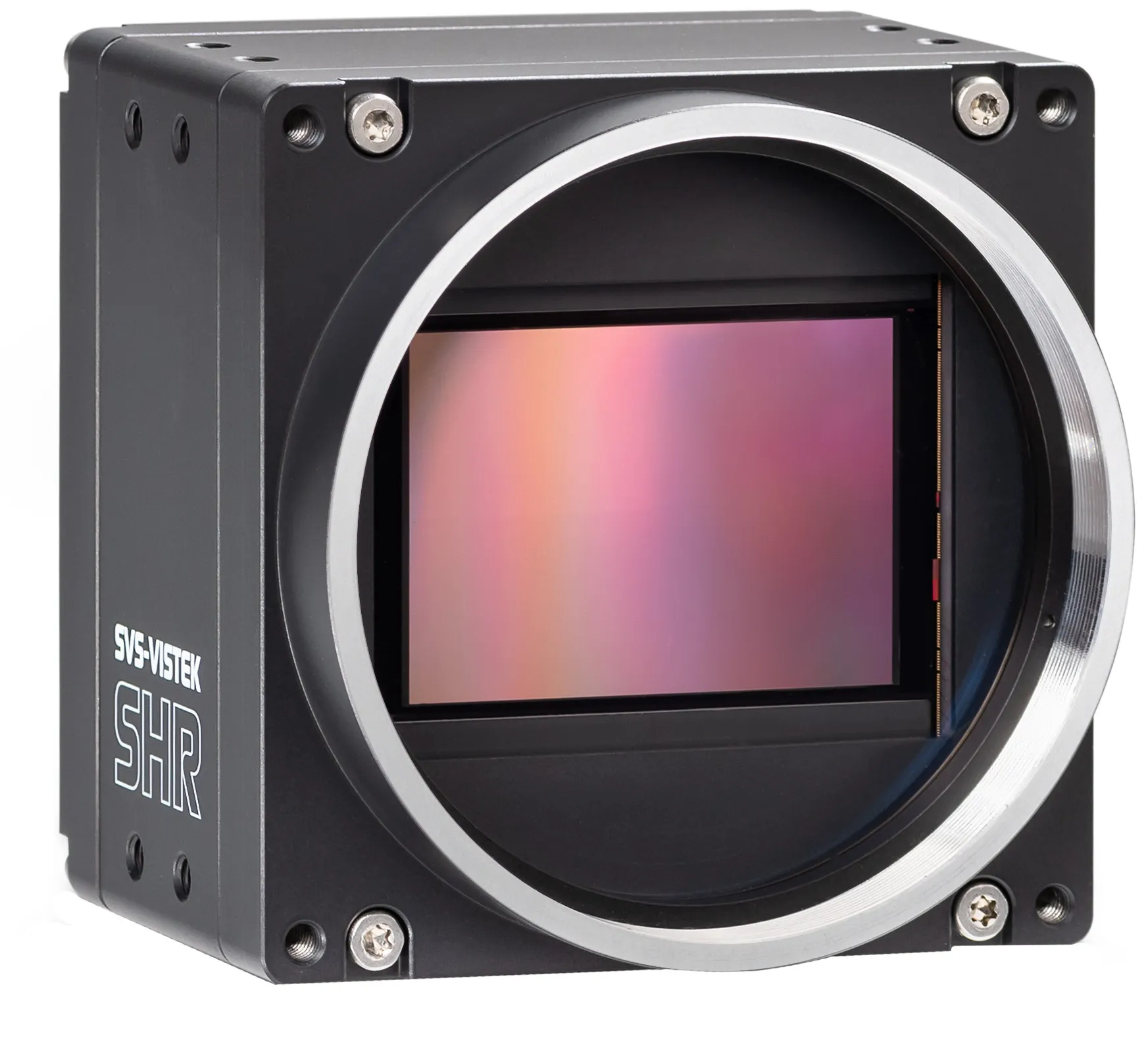
Traffic management specialist Western Systems is to supply battery back-up systems for key intersections in an Oregon city to guard against power outages caused by extreme weather.
It will install 26 Alpha battery back-up systems in the City of Medford in spring 2023.
They will be put into a mix of standalone SE48-1616 cabinets and piggyback enclosures which are attached to the existing traffic signal cabinet.
Each system will include the Alpha FXM HP 1100 inverter, which provides a full-colour LED display, advanced processing horsepower, high security and easy configurability to maintain traffic flow and intersection safety.
"Power outages caused by extreme weather and wildfires are a growing concern for cities throughout the West Coast," warns Zach Hoiting, senior vice president of Western Systems.
"Without a reliable back-up solution, traffic interruptions and accidents are inevitable."
City authorities ran extensive tests, putting Alpha's XTV lead acid batteries up against nickel-zinc batteries.
"We put the Alpha battery system through a gauntlet of tests and it performed very well," Karl H. MacNair, City of Medford transportation manager.
"It was important for us to have a system that can withstand challenging situations. We put an eight-amp load on the system and it ran for just over four hours which was impressive. The system ran for nearly 12 hours when we tested a normal three-amp intersection load.”
The firm says its Alpha system allows Medford to programme load shedding by selecting which devices and services get turned off at different points of an outage or different times of day.









